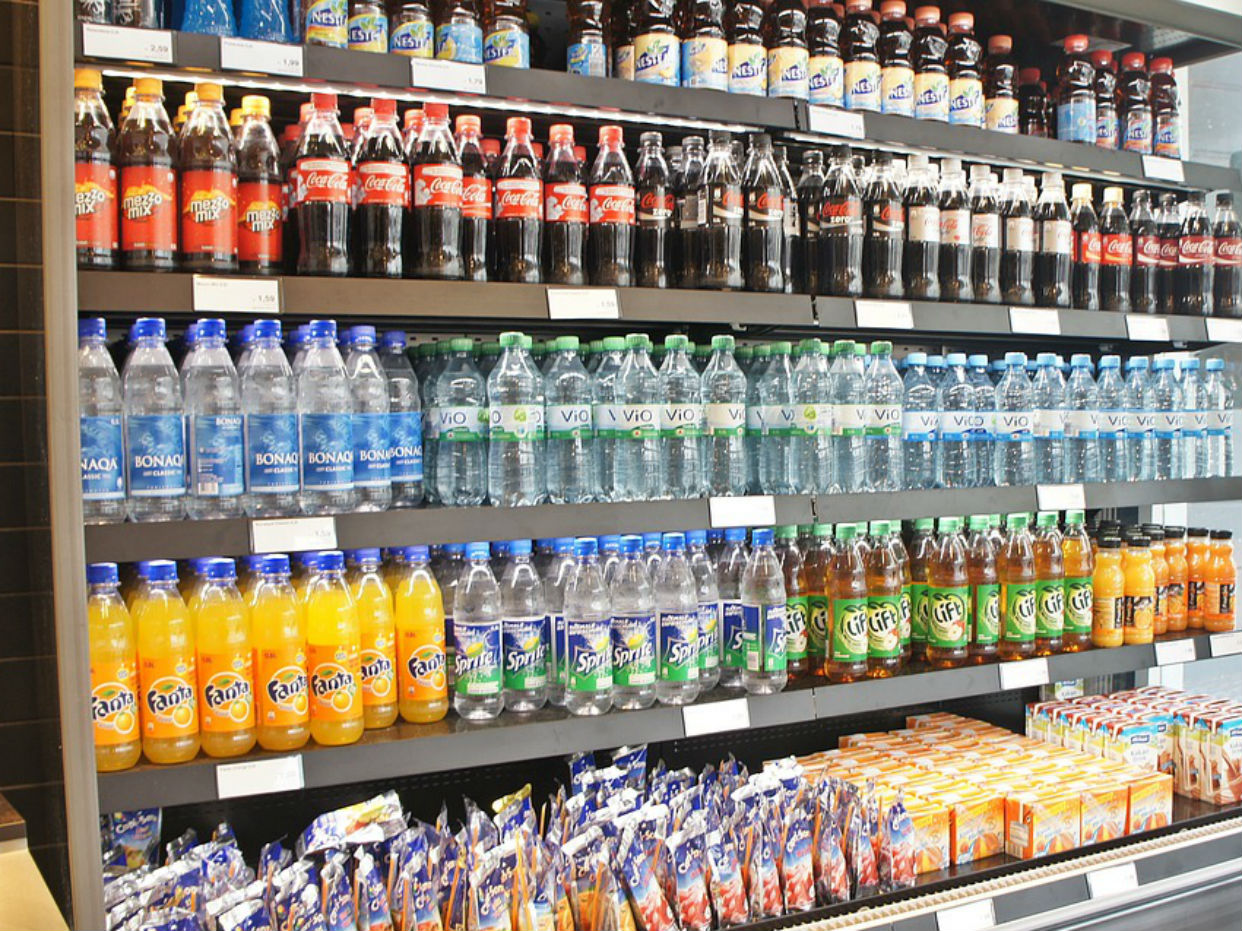Government using ‘nudges’ to change bad habits
Experiments with diet and speeding demonstrate how subtle prompts can produce major behavioural changes

A free daily email with the biggest news stories of the day – and the best features from TheWeek.com
You are now subscribed
Your newsletter sign-up was successful
Tiny tweaks to our environment are subsciously encouraging Britons to break bad habits from speeding to drinking sugar-laden drinks, the Government’s so-called “nudge unit” has revealed.
Successful experiments include “putting ‘stop’ signs on shelves next to sugary drinks in three hospital stores in Liverpool and rewriting letters to drivers caught speeding in the West Midlands to draw attention to why speed limits are set,” The Guardian reports.
In both instances, there was a noticeable change in behaviour - 7.3% fewer sugary drinks were sold while the signs were in place, while the number of speeders reoffending within six months of being sent the updated letters dropped by a fifth.
The Week
Escape your echo chamber. Get the facts behind the news, plus analysis from multiple perspectives.

Sign up for The Week's Free Newsletters
From our morning news briefing to a weekly Good News Newsletter, get the best of The Week delivered directly to your inbox.
From our morning news briefing to a weekly Good News Newsletter, get the best of The Week delivered directly to your inbox.
The policies are the brainchild of Whitehall’s Behavioural Insights Team (BIT), which is charged with finding creative small-scale solution with the potential to bring about major social shifts.
The potential of “nudges” to bring about behavioural change is a subject of increasing interest to social scientists and governments around the world. Earlier this month, the Nobel Prize for Economics was awarded to American academic Richard Thaler for his work on “nudge theory”.
His work is credited with helping economists build better prediction tools, replaced old models that failed to account for the extent to which human caprice can prevent us from embracing the most rational course of action.
For instance, “if we find a fine old bottle of port in the attic, we might refuse to sell it for hundreds of pounds, even though we would not dream of spending a three figure sum on a bottle of anything,” says the Financial Times.
A free daily email with the biggest news stories of the day – and the best features from TheWeek.com
Nudge theory examines how small changes can subconsciously steer people away from these irrational instincts to produce more logical and beneficial outcomes.
Civil service chief Sir Jeremy Heywood applauded the work of the BIT. “As the first government unit in the world dedicated to the application of behavioural approaches to policymaking, the team has brought novel solutions to the most persistent policy challenges,” he said.
The unit’s next task will be to “examine the links between human responses to uncertainty and business decision-making in the run-up to leaving the EU,” The Times reports.
-
 James Van Der Beek obituary: fresh-faced Dawson’s Creek star
James Van Der Beek obituary: fresh-faced Dawson’s Creek starIn The Spotlight Van Der Beek fronted one of the most successful teen dramas of the 90s – but his Dawson fame proved a double-edged sword
-
 Is Andrew’s arrest the end for the monarchy?
Is Andrew’s arrest the end for the monarchy?Today's Big Question The King has distanced the Royal Family from his disgraced brother but a ‘fit of revolutionary disgust’ could still wipe them out
-
 Quiz of The Week: 14 – 20 February
Quiz of The Week: 14 – 20 FebruaryQuiz Have you been paying attention to The Week’s news?